Important Questions to Ask About Mold
Dealing with mold in your home can be a daunting task, especially if you're unsure of where to start. Mold is not only an eyesore, but it can also pose serious health risks. Knowing how to identify it, ascertain its extent, and understand the implications of its presence is crucial. Whether you're purchasing a new home, renting an apartment, or managing a property, understanding the dynamics of mold is essential. Here, we explore important questions to ask about mold that can guide you in making informed decisions.
What Causes Its Growth?
The first important question to ask about mold is what exactly causes it to grow. Mold thrives in environments where there is moisture and organic material for it to feed on. This is why damp and humid areas in your home, such as bathrooms, basements, and kitchens, are particularly susceptible to mold growth. Understanding what causes mold can help you take proactive measures to control moisture levels and ensure proper ventilation. Additionally, assessing your home for hidden leaks or poor insulation is key. By doing so, you can reduce the likelihood of mold growth and protect your living environment.
How Can It Affect Your Health?
It is crucial to understand the potential health effects of mold exposure. Mold releases spores that can be inhaled, leading to respiratory problems, allergic reactions, and in severe cases, even neurological issues. People with existing health conditions, infants, and the elderly are particularly vulnerable. It's important to identify signs of mold exposure such as coughing, sneezing, or skin irritation so that you can take immediate action. Long-term exposure can exacerbate health issues, making it essential to address mold concerns promptly to safeguard your health and that of your family.
How Do You Identify It in Your Home?
Identifying mold is another vital step in addressing its presence. Mold can appear in various forms and colors, from black stains on walls to white patches on wood. A musty odor in specific areas of the house may also indicate mold. According to This Old House, in homes built before 1978, there is a 75% chance that there is lead in the paint, which can complicate the removal process. Therefore, inspecting your home thoroughly and hiring a professional for proper mold identification can prevent potential health hazards and structural damage. Using moisture meters and visual inspections can enhance detection efforts.
What Are the Best Methods for Its Removal?
Once you've identified mold, the next question is how to effectively remove it. While small mold problems can sometimes be managed with DIY methods, larger infestations often require professional intervention. Mold remediation services use specialized equipment and chemicals to safely remove mold and restore affected areas. It's important to choose a reputable remediation service to ensure that the mold is completely eradicated and preventive measures are implemented. Regular maintenance, immediate attention to leaks, and thorough cleaning can help prevent future mold problems and maintain a healthy home environment.
How Can You Prevent It From Returning?
Preventing mold from returning involves maintaining an environment that doesn't support mold growth. This means controlling humidity levels, fixing leaks promptly, and ensuring adequate ventilation throughout your home. Using dehumidifiers in damp areas and cleaning regularly can also help. Additionally, educating yourself and your family about the causes and signs of mold can lead to early detection and prevention. Regular inspections and prompt repairs can further enhance your ability to keep mold at bay and create a healthier living environment.
Understanding mold's causes, effects, and prevention methods is critical for maintaining a safe and healthy home. By asking the right questions about
mold, you can take steps to mitigate its risks effectively. Whether it's identifying warning signs or knowing when to call in professionals, being informed empowers you to make decisions that protect both your health and property. Mold may be persistent, but with the right knowledge and actions, it can be managed and prevented. Stay proactive, stay safe, and ensure your home remains a haven free from the perils of mold. If you have any additional questions about mold growth on your property, please contact us at ASAP Environmental Inc today. We look forward to hearing from you very soon about your mold removal needs!
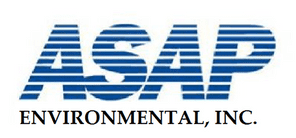
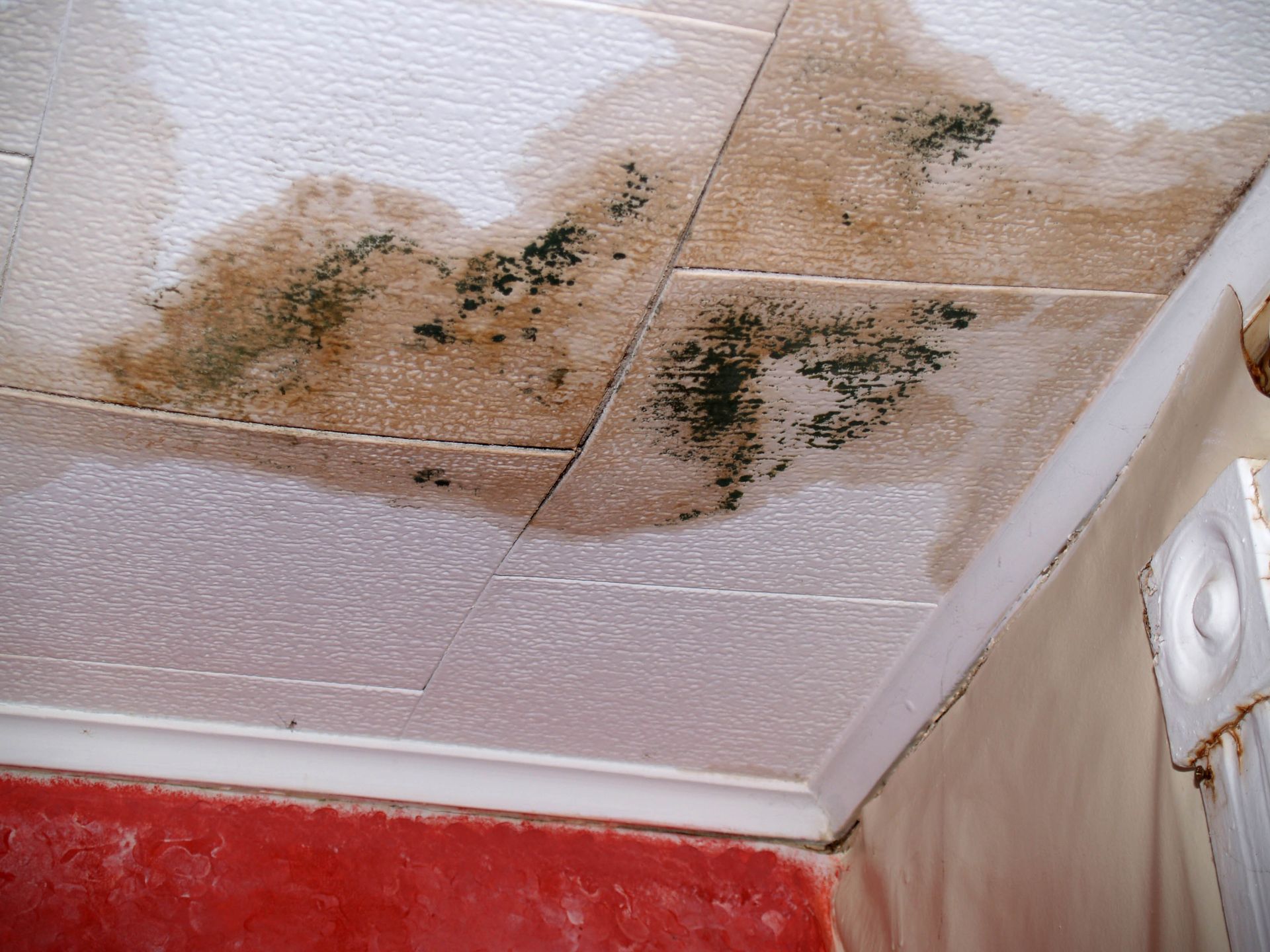
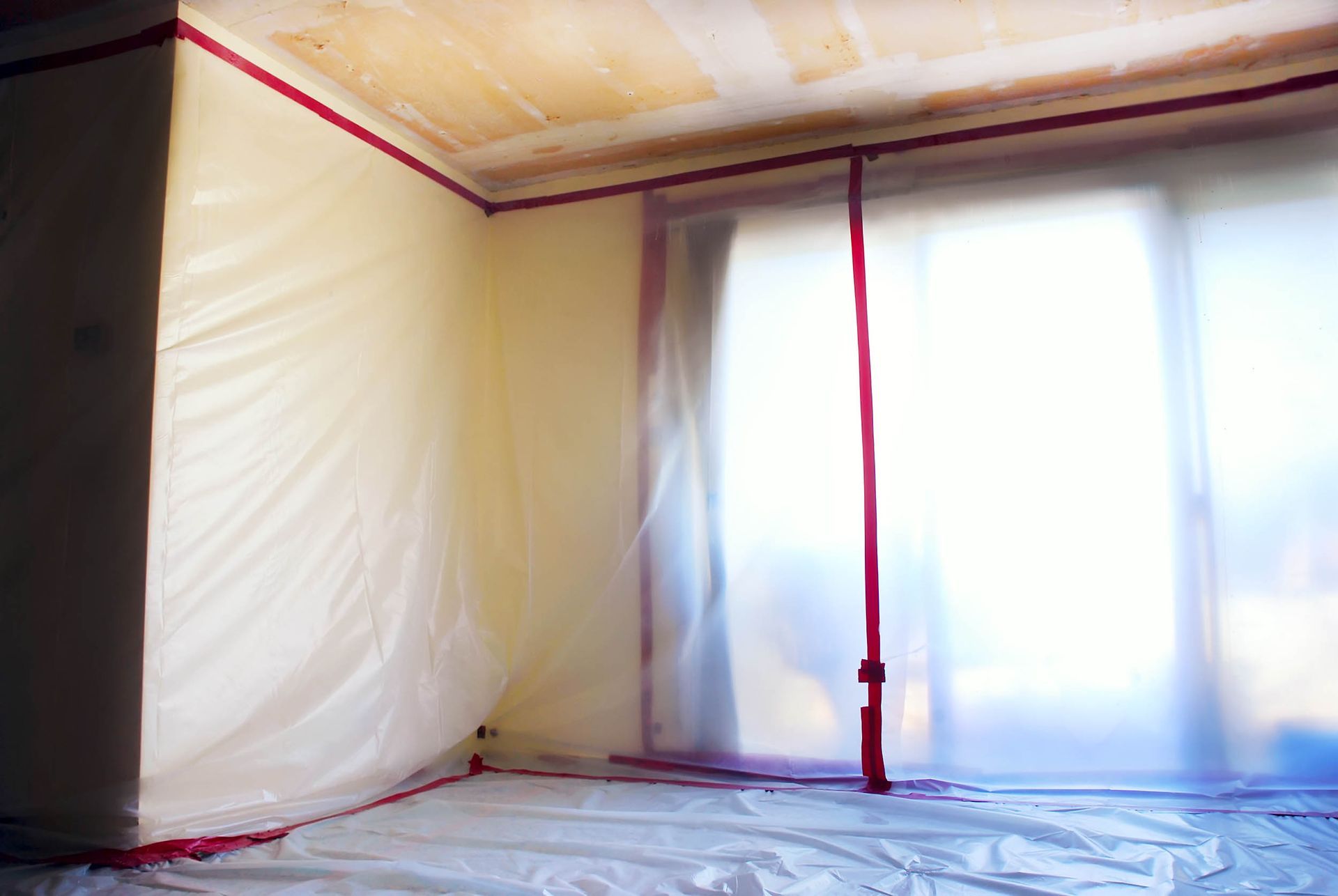
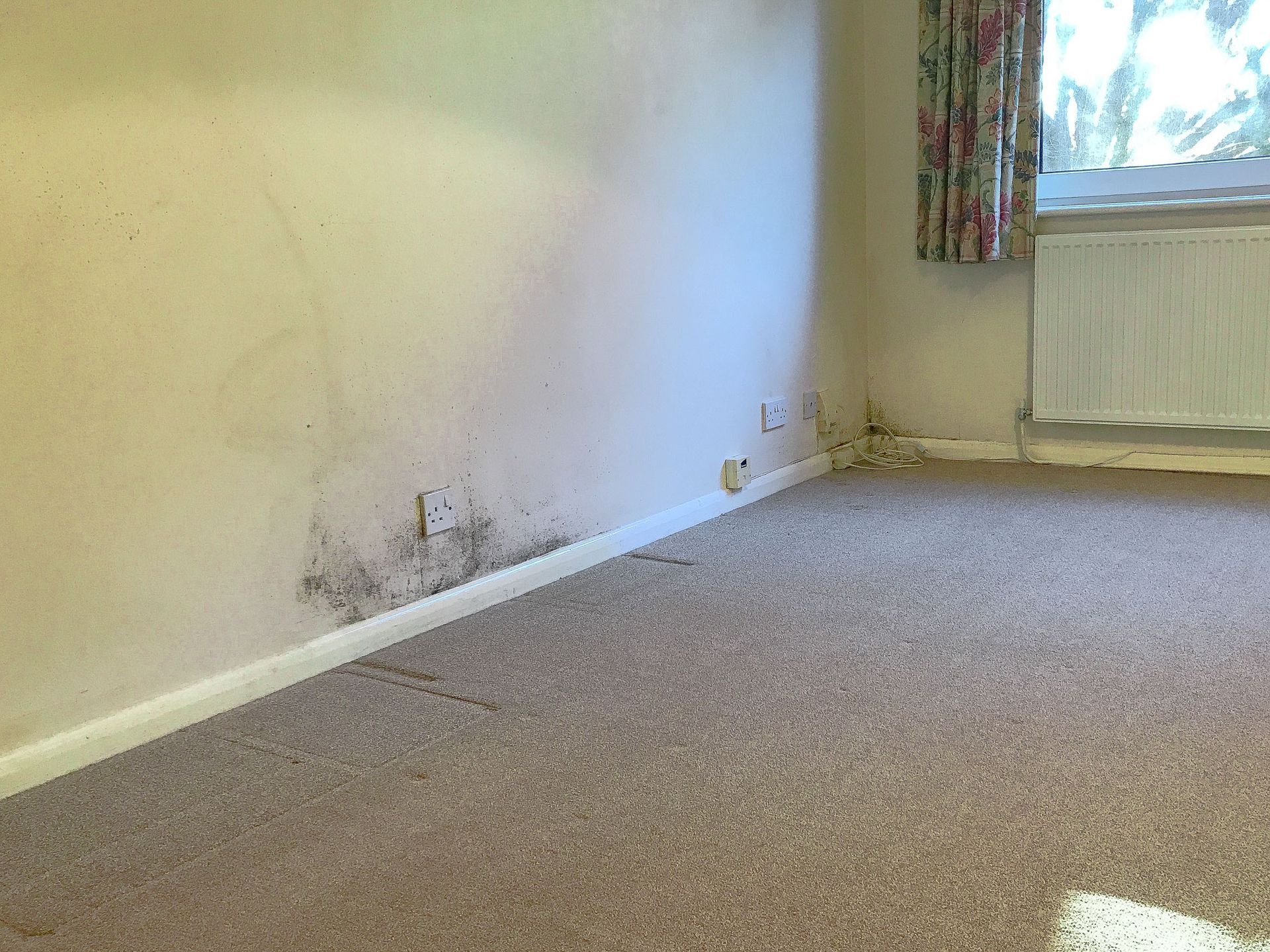
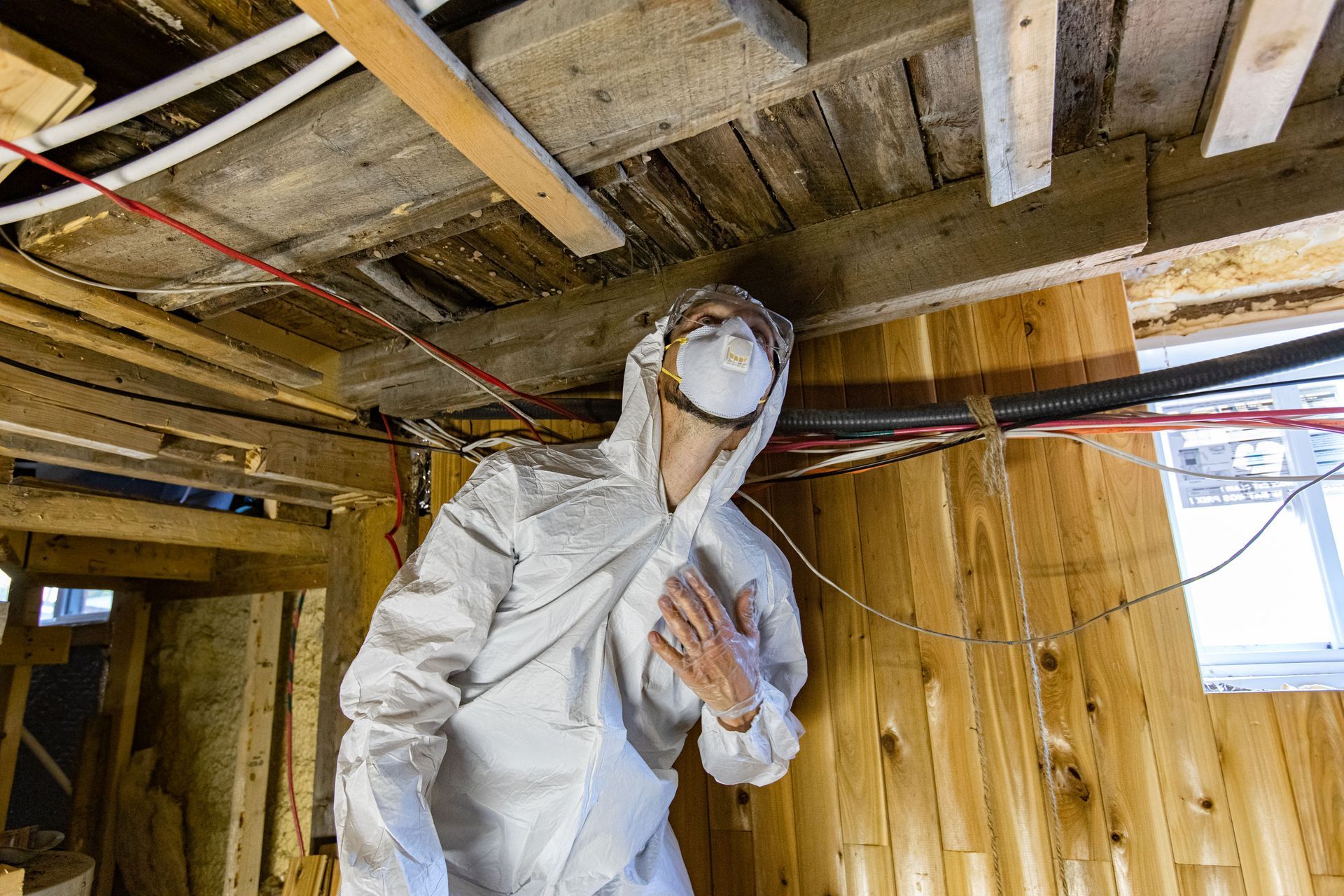
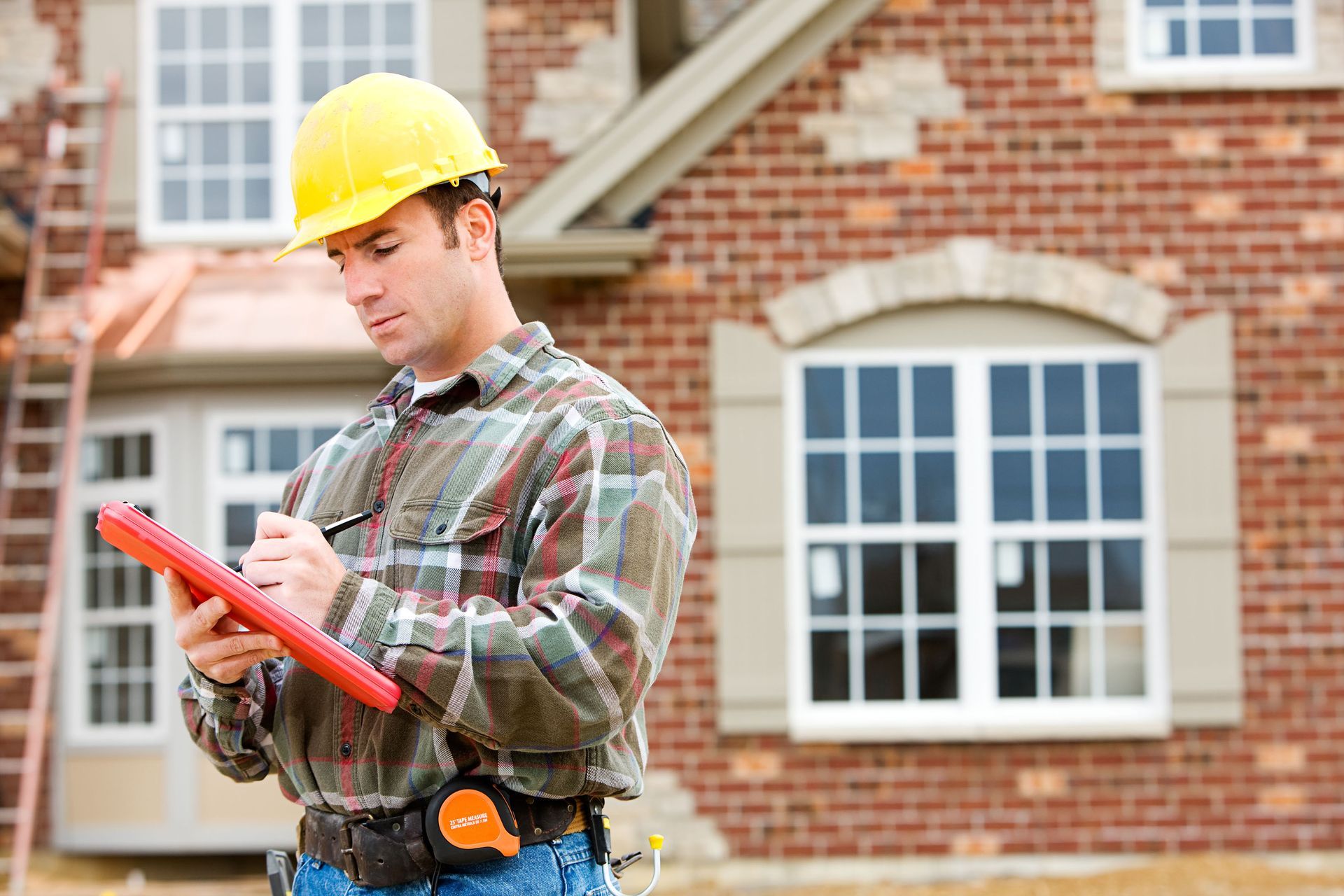
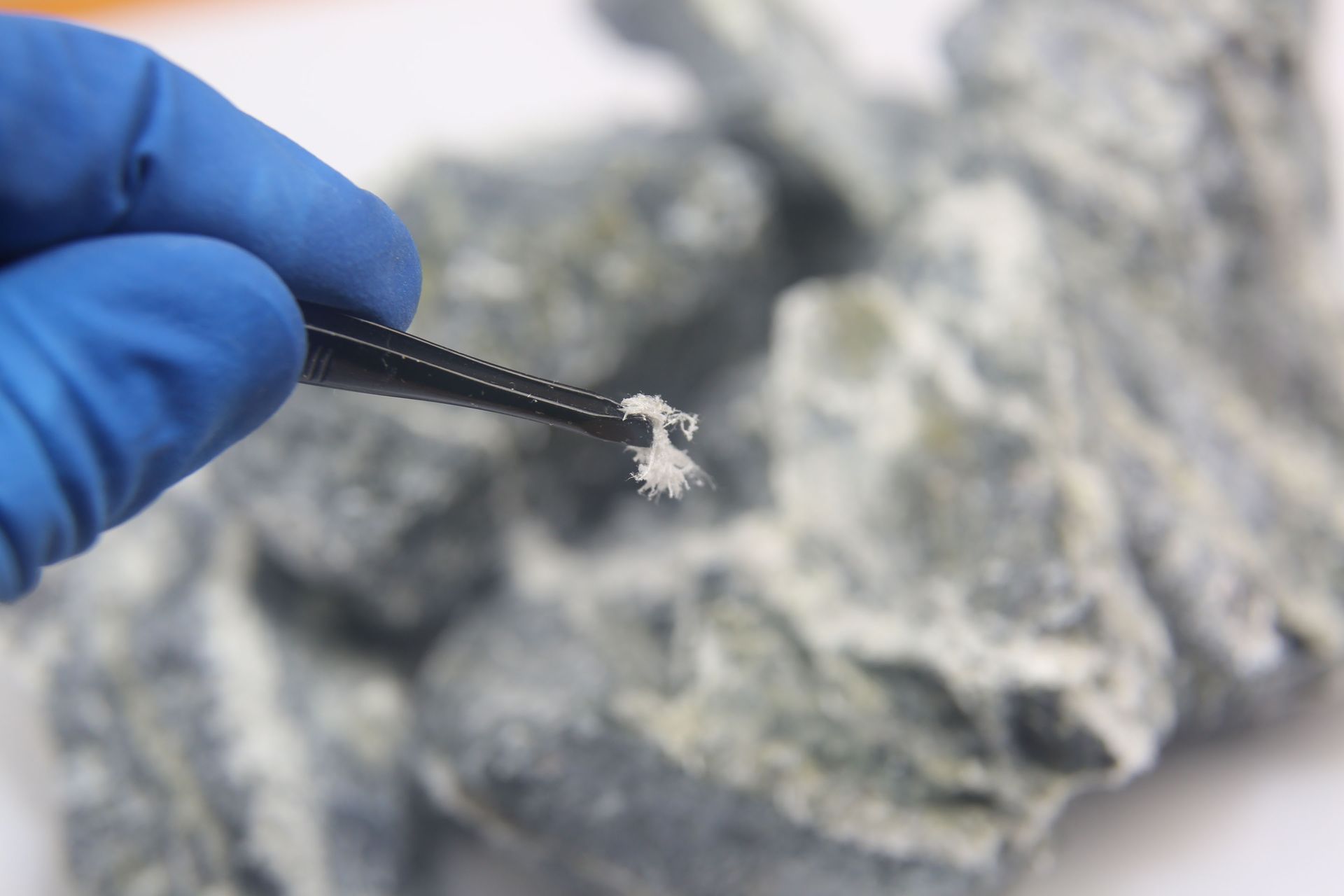
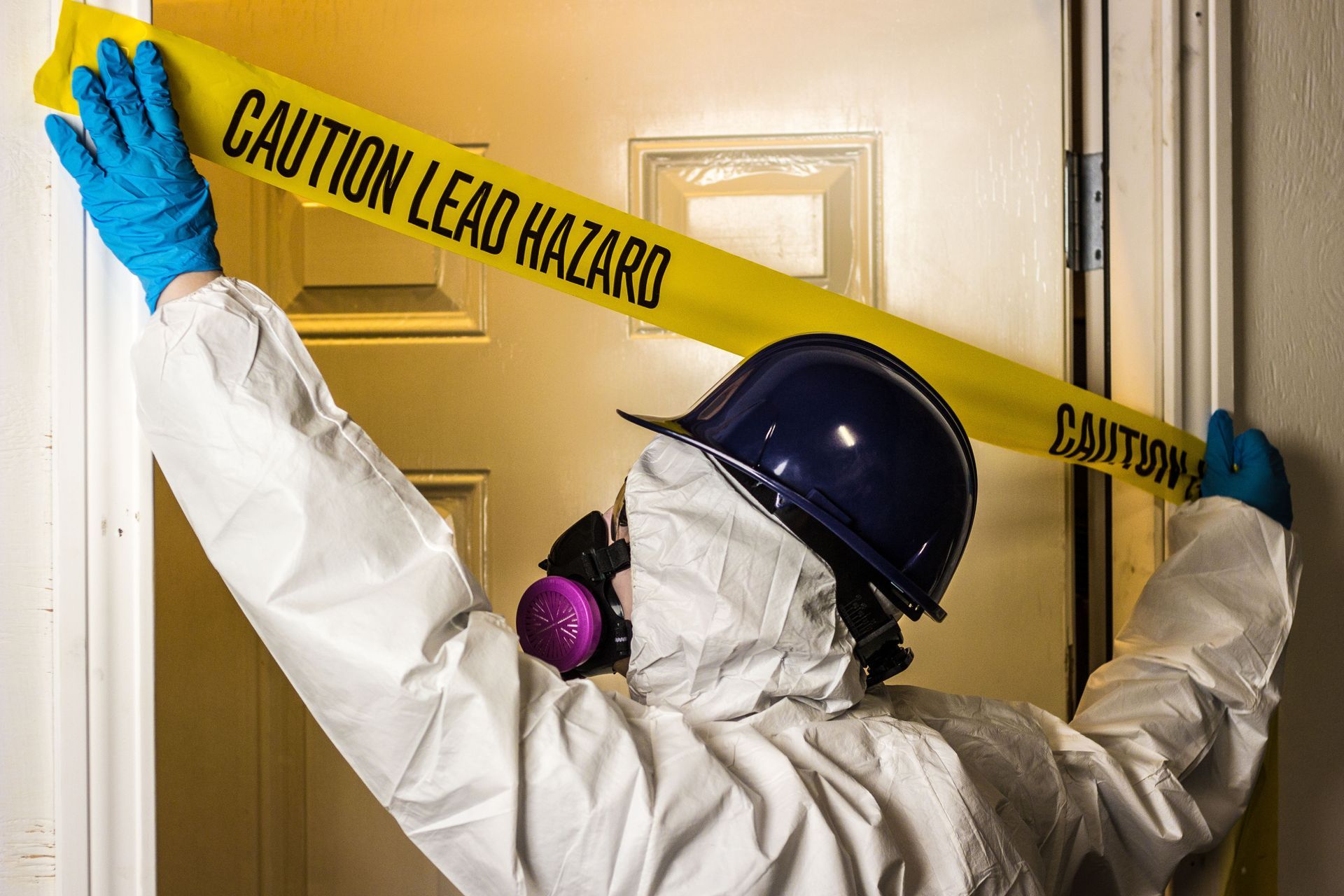
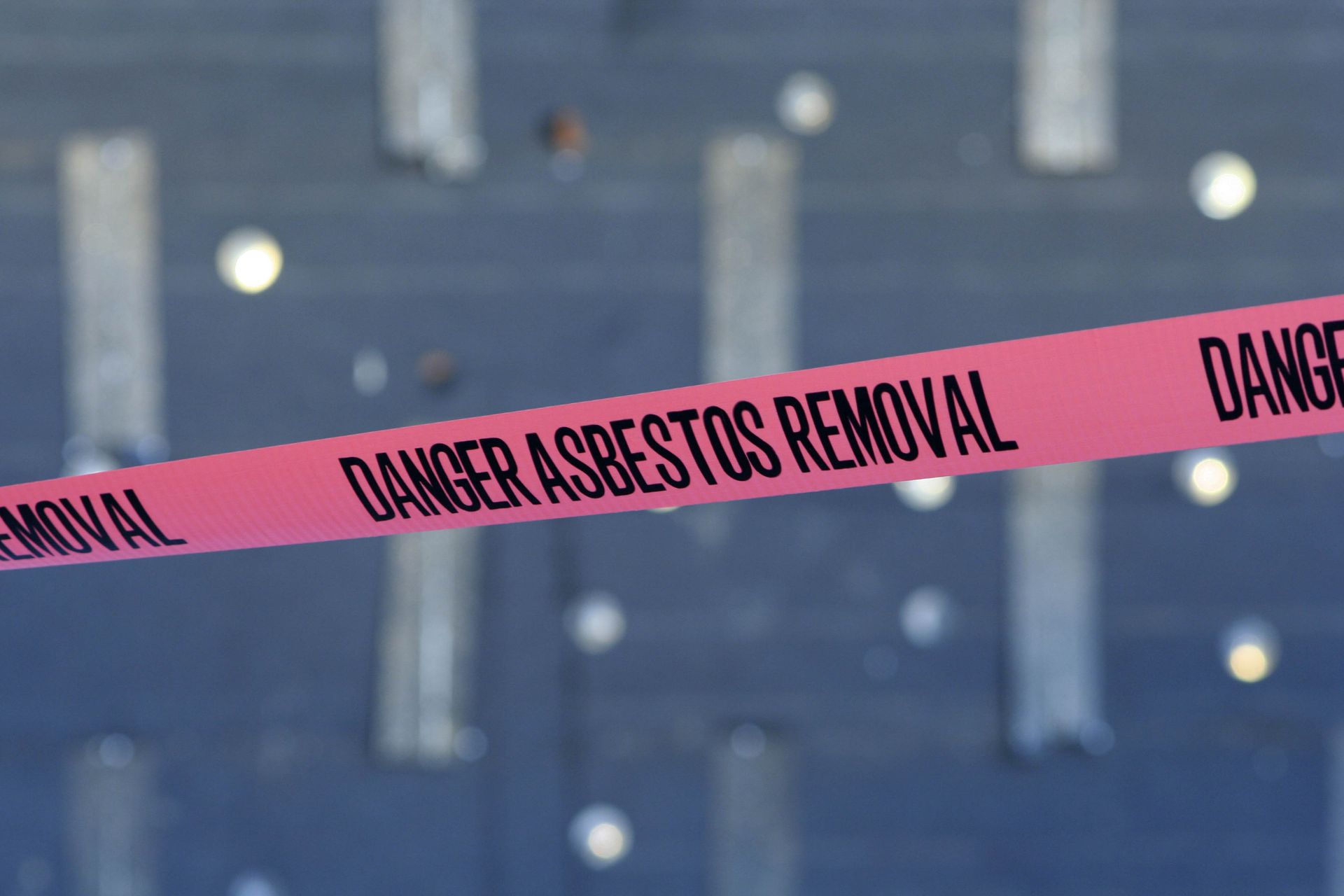
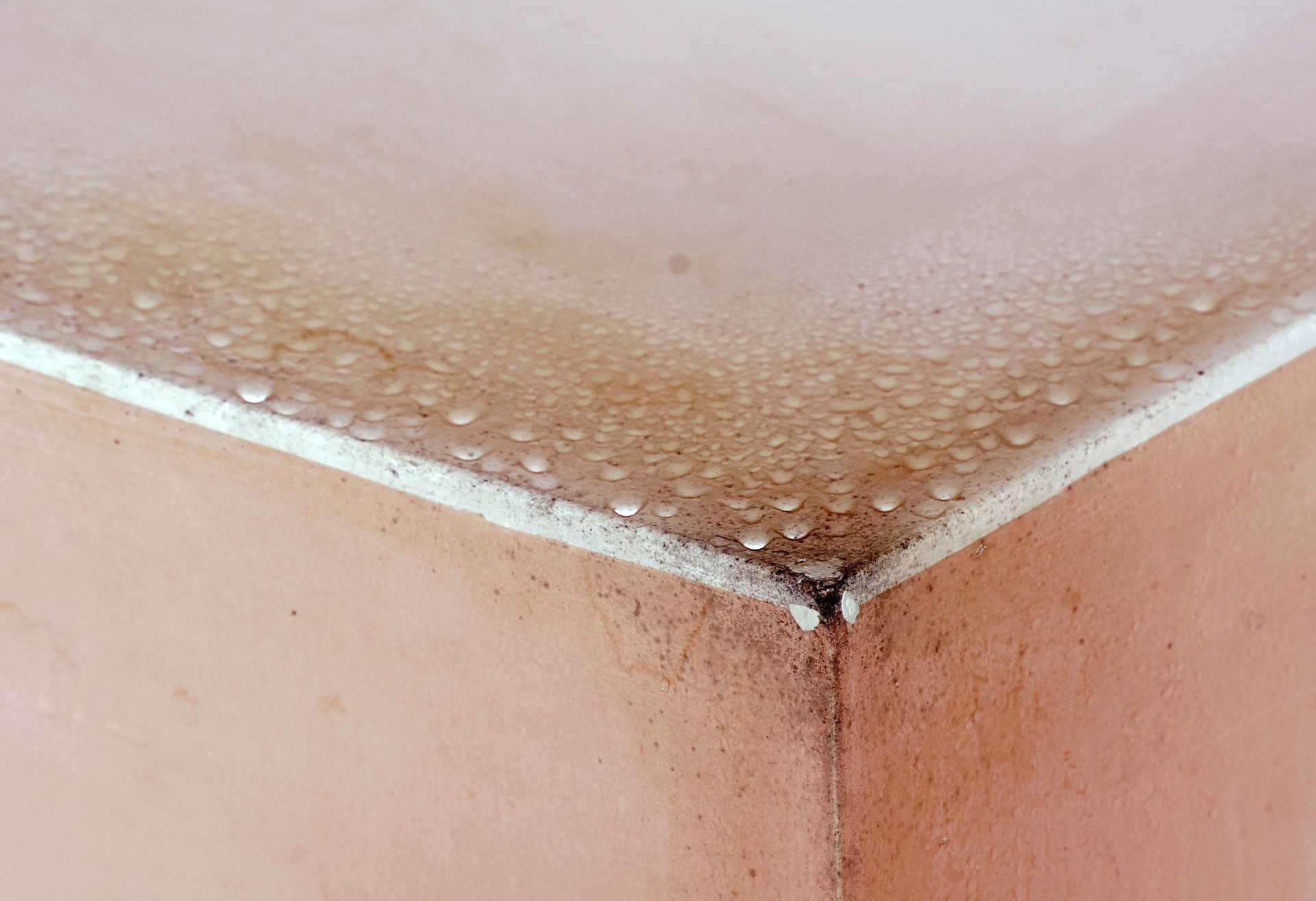
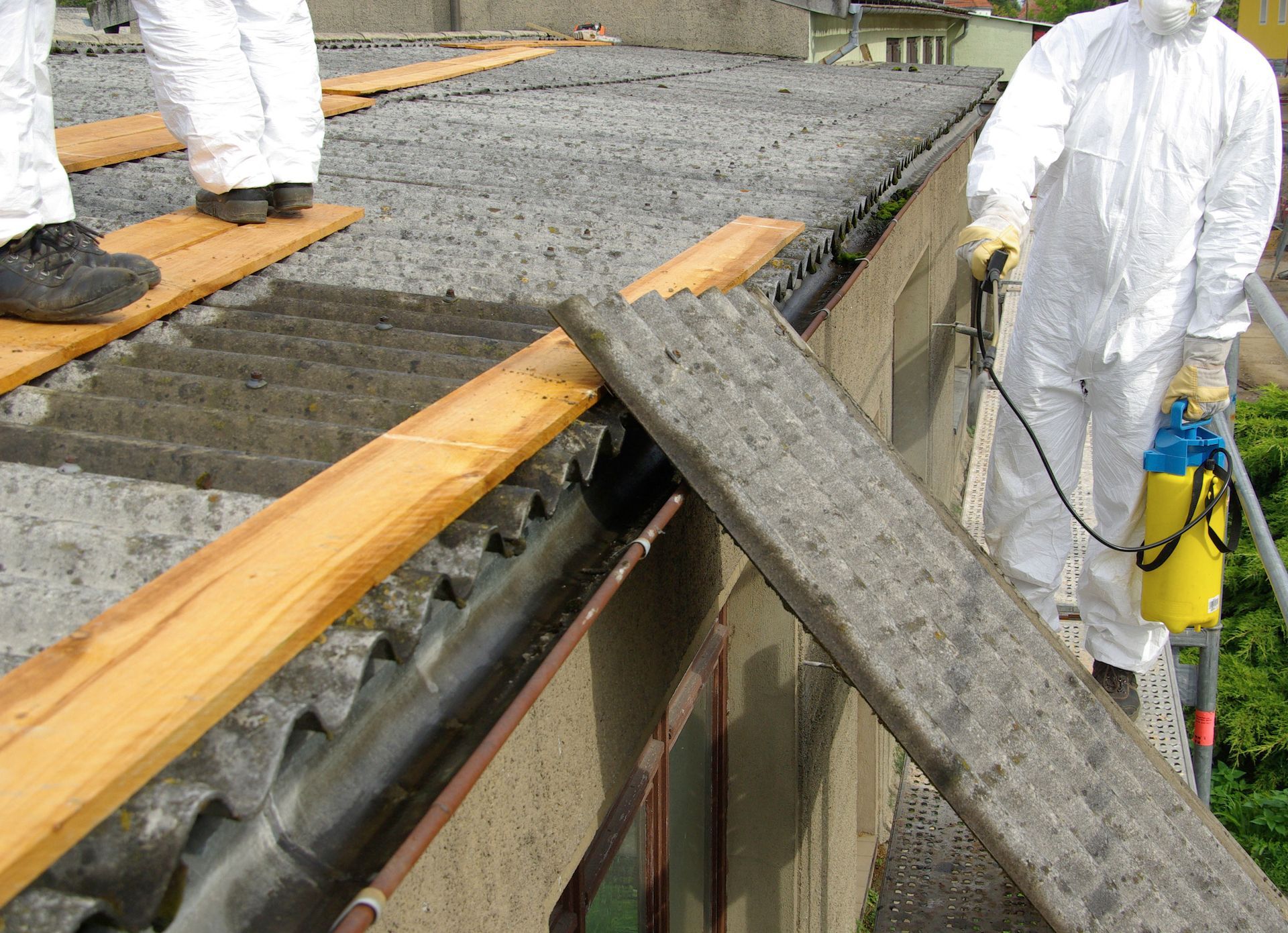
Share On: